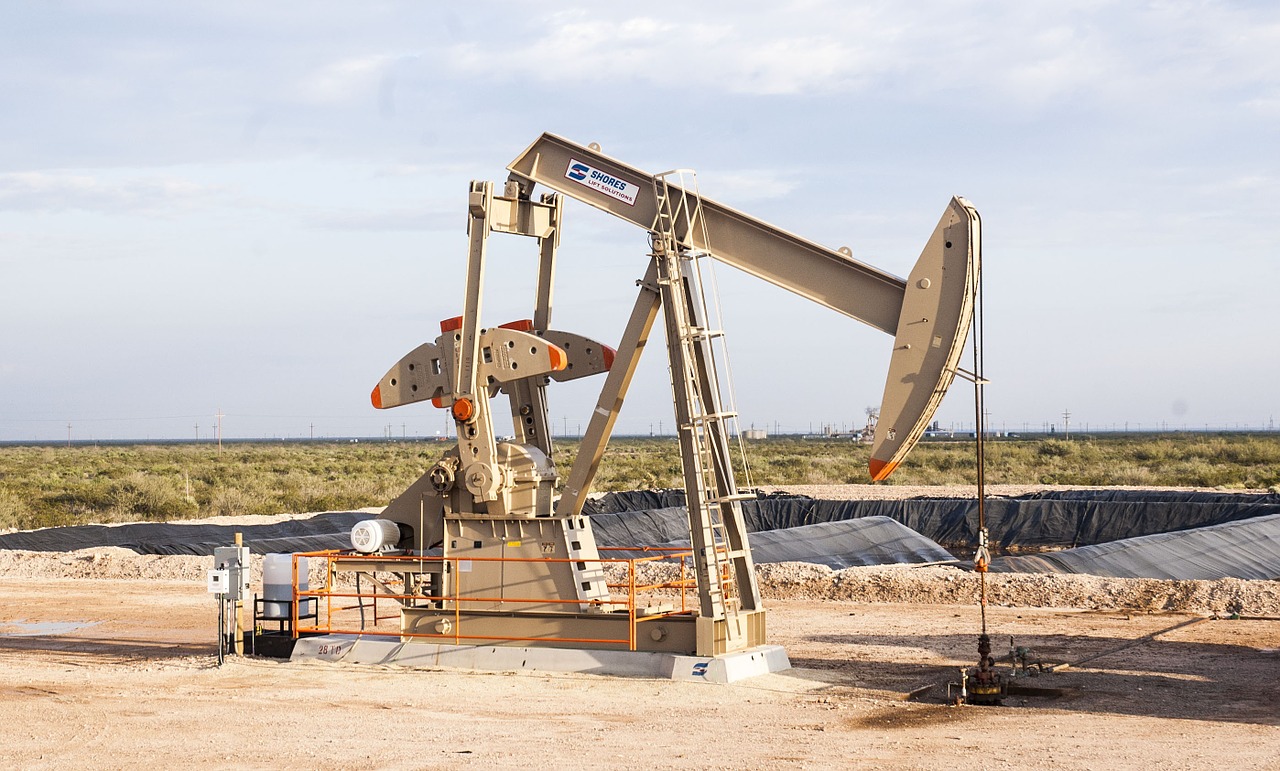Because for Saudi Aramco, Gazprom and CNPC it will be pain (with the energy transition)

Are national oil companies less prepared than their private counterparts? Moody's and Foreign Policy reports and analysis
Credit risks ahead of the energy transition for state oil companies such as Saudi Aramco, Gazprom and CNPC. This is what a new report by Moody's Investors Service underlines, specifying that the most important problems will arise above all in those countries where the integration between national oil companies and sovereign debt strategies is greater.
THE ANALYSIS
"National oil companies (NOCs) play a critical role in the world energy markets, reducing their private sector counterparts – the international oil companies – in terms of global oil and gas production and reserves – said Hui Ting Sim. , Moody's analyst -. In a context of slowdown in oil and gas consumption in the coming decades, with the potential for a more abrupt disruption of demand, the NOC's sovereign sponsors will have an ever-greater impact on credit profiles, both by providing support and acting as leverage " Sim added.
THE DIFFERENCES OF IMPORTING AND EXPORTING COUNTRIES
NOCs in oil-importing countries, where consumption will continue to grow, are less exposed to the risk of transition than in oil-exporting countries. Characteristics such as low production costs, a high percentage of natural gas or LNG resources, low leverage and social obligations also involve less risk.
The impact of sovereign support on NOC credit profiles depends on the ability and willingness to provide support even when oil consumption is declining, on the degree of dependence on the NOC for its revenues, and on whether it is rated above or below the NOC rating, the rating agency noted.
GULF COUNTRIES AT RISK
And while some NOCs are changing for business reasons or to align with government policies on climate change, the ability of others to make the transition to less carbon-intensive models is limited by fiscal obligations or social goals. Exposure to sustained low oil prices for NOCs in countries that rely materially on oil export earnings to cover government spending, such as those in the Gulf Cooperation Council region, will be at particular risk, Moody's concluded. .
ANOTHER WAY OF SEEING THE QUESTION
The issue was addressed by Foreign Policy in an article entitled "Everything you think about the geopolitics of climate change is wrong". Jason Bordoff, head of an energy think tank at Columbia University, makes some important observations and first of all cautions against speculating that China's huge investments in the production of clean energy technologies such as batteries and solar panels (and in the gathering rare minerals to make them) will mean it will become a Saudi-like force.
In fact, according to Bordoff, having a huge footprint in 'green' markets does not convey the same influence that oil offers. For example, limiting battery shipments could temporarily raise car prices and delay new electric vehicles. But that's not the same as cutting off oil and gas supplies, which can quickly "impair mobility, trigger price spikes or freeze people in their homes."
LOW-COST FAVORITE PRODUCERS
Bordoff then warns those who are prematurely writing obituaries for large Middle Eastern producers. In reality, even here, things are not exactly as you think: if the question is 'are these countries prepared to diversify their economies to cope with falling demand for crude in a world with CO2 emissions restrictions?' and no. However, in the decades it takes to get oil out as the dominant fuel, it will be the lowest-cost producers – who also have relatively low emissions per barrel – who are better positioned.
And even as demand falls, "OPEC's global production share could rise due to its members' lower costs and emissions, strengthening the cartel's hold on a market that will remain sizable for some time." This without forgetting that, he notes, supply could fall even faster than demand, which would raise prices and boost the coffers of oil states.
THE ELECTRO-STATES
It's not all. For Bordoff, some of today's 'petro-states' could be the 'electro-states of tomorrow': just think of the ability of Saudi Arabia and Chile to produce and export clean energy beyond their borders. In this sense, Russia's role as a supplier of nuclear technology will become even more important as countries seek to electrify transport and buildings to reduce CO2 emissions.
This is a machine translation from Italian language of a post published on Start Magazine at the URL https://www.startmag.it/energia/perche-per-moodys-la-transizione-mette-a-rischio-le-aziende-petrolifere-statali-o-forse-no/ on Sun, 11 Oct 2020 05:57:55 +0000.
